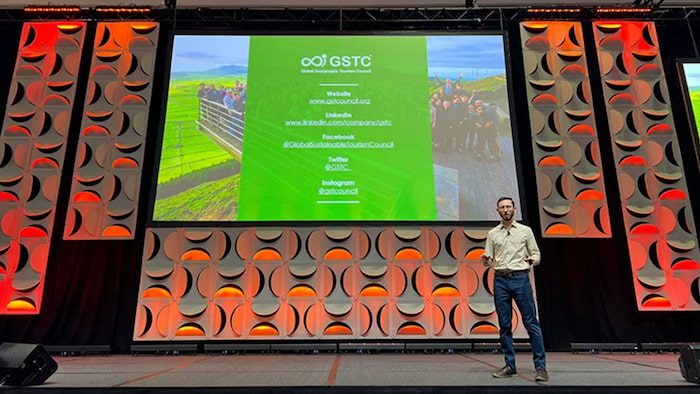GSTC’s Roi Ariel shares how the increasing number of certification bodies is changing the meetings industry.
An increasing number of certification bodies have entered the MICE industry to certify hotels as sustainable. These include Bureau Veritas, Vireo Srl and Control Union. The latter, for example, has more than 200 certification programmes.
Such certification bodies have in turn, been accredited for compliance with the requirements of GSTC accreditation. The GSTC (Global Sustainable Tourism Council), a non-governmental organisation established in 2007 with the support of UNEP – United Nations Environment Programme – and UNWTO – United Nations World Tourism Organization, has Criteria and Suggested Indicators for Hotels to provide a common understanding of sustainable tourism, and the minimum that a hotel should aspire to reach.
The Hotel Criteria are organised around four main themes: effective sustainability planning, maximising social and economic benefits for the local community, enhancing cultural heritage, and reducing negative impacts to the environment.
In this Q&A with GSTC’s GM, Roi Ariel, M&C Asia finds out how the sustainable venue certification landscape is evolving.
What trends do you observe among the increasing number of certification bodies?
Quite a few professional certification bodies that already certify to other sustainability standards are seeing the increasing demand in certification of sustainable tourism, especially in the hospitality sector, which translates to a business potential for certification bodies. Those certification bodies then apply for GSTC Accreditation to be able to certify hotels as sustainable – a process that may take up to two years, pending the quality and preparedness.
When there’s a strong demand for certification in a particular location, the certification price for hotels goes down. That is due to economies of scale, where the certification bodies don’t need to spend much resources to convince hotels that they should seek certification, because that’s already what is happening.
Examples of strong demand in a particular location would be Turkey where it is regulated that all accommodations must be certified as sustainable by 2030, or Singapore where in 2022, the Singapore Tourism Board and the Singapore Hotel Association launched the Singapore Hotel Sustainability Roadmap with a clear target of certified hotels by 2025.
How is this changing the way sustainability is being benchmarked?
When speaking about certification, it’s crucial first to note its definition: a voluntary, third-party assessment, through an audit, of a tourism enterprise for conformity to a standard.
As such, as long as certification bodies use the same standard, and the certification bodies are accredited as being competent in certifying, then not much is changing.
However, the more (certification bodies) use the same standard and same framework, the easier it is for hotels to measure and report.
What are the challenges when more certification players enter the market?
Increase of certification bodies can cause dilution of quality for businesses that don’t know which one to choose. This is why accreditation is so important. Accreditation is a mark of quality that a certification body has been verified through a rigorous external review and deemed they operate in a professional process according to international norms of transparency, impartiality, and competence. GSTC looks very hard at the process of how certification bodies certify to assure that they issue certifications based on merit and neutrality.
If a certification body is not accredited properly, you don’t have an assurance that they certify with transparency, impartiality, and competence. This creates liability issues. And we are familiar with so-called certification bodies that do not act in an impartial manner.
Continue reading the original article written by Patricia Wee for www.meetings-conventions-asia.com here: https://www.meetings-conventions-asia.com/News/Meeting-Planning-and-Strategy/The-emerging-trends-in-hotel-sustainability-certification





